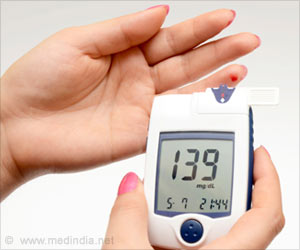Ramadan (Ramzan), the holy month of Muslims is here. Muslims living across the world engage in prayer, charity, and fasting from sunrise to sunset. However, fasting can be good as well as bad for your health. So, make sure to follow healthy Ramadan fasting tips.

- Restricting food intake during the entire day can help prevent a variety of health problems such as high cholesterol, heart disease, and obesity, suggest experts
- Ramadan not only helps in spiritually cleansing yourself, but it also acts as a fantastic detox for your body. By starving throughout the day, your body can gain a unique chance to detoxify your digestive system and flush out unwanted toxins from your body throughout the month
- Fasting regularly can also improve your mental health and wellbeing
- Partaking in fasting ultimately allows the gut to cleanse and strengthen its lining
- Fasting can also stimulate a process called autophagy, in which the cells self-cleanse and remove damaged, dangerous particles and unneeded substances from the body naturally
TOP INSIGHT
Ramadan (Ramzan), the holy month of Muslims is here. So, let us celebrate this fasting month in a healthy way by eating a healthy pre-dawn meal and light dinner, drinking plenty of water and avoiding too many fried, salty and sugary foods.
Read More..
- Fasting can lead to low blood glucose levels (hypoglycemia), which causes reduced concentration and increased fatigue
- Weight loss during Ramadan fasting could easily be reversed once individual returns to his/her daily eating patterns
- Abstaining from food and drink from dawn until dusk can make you feel more tired and lethargic
- Most people who fast faint more often due to severe dehydration
- Dehydration, hunger or lack of sleep during the fasting period can eventually lead to headaches
- Smelling food or even thinking about delicious foods during fasting periods can trigger the brain into telling the stomach to produce more acid, thereby leading to heartburn
Source-Medindia
 MEDINDIA
MEDINDIA




 Email
Email





